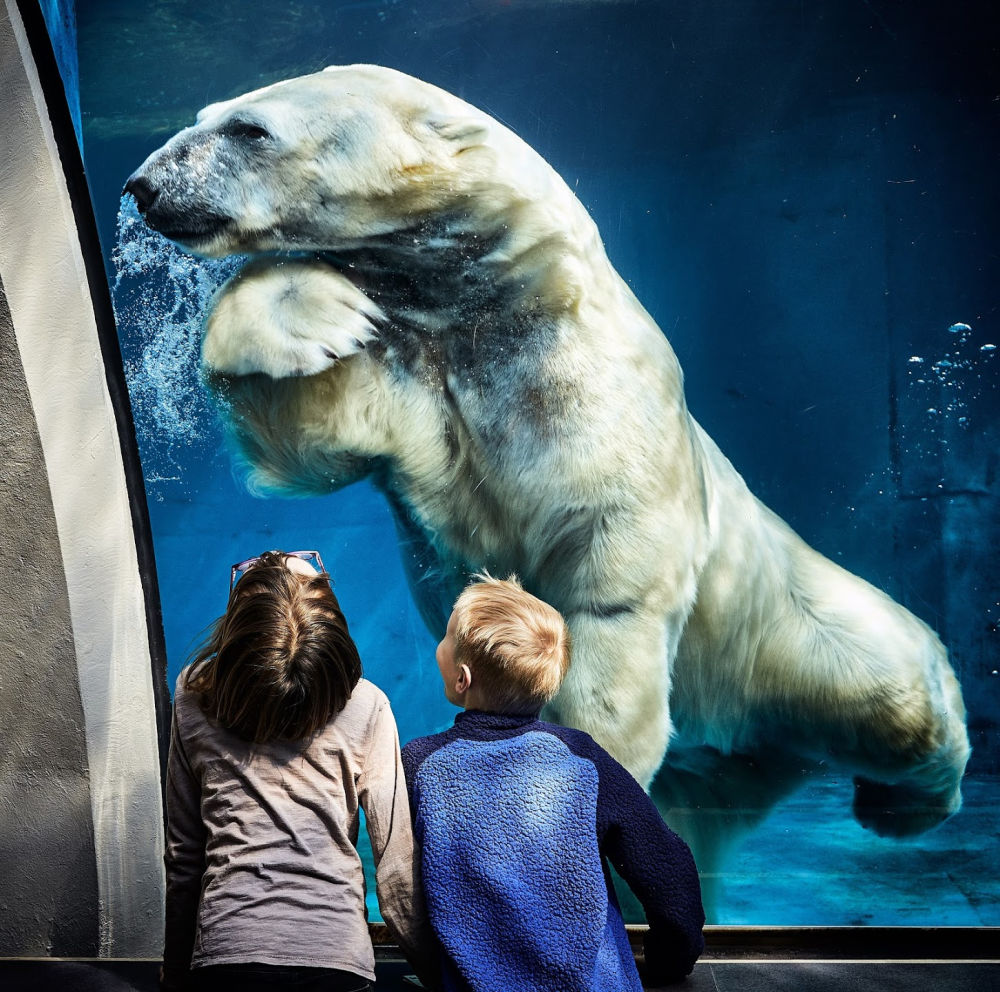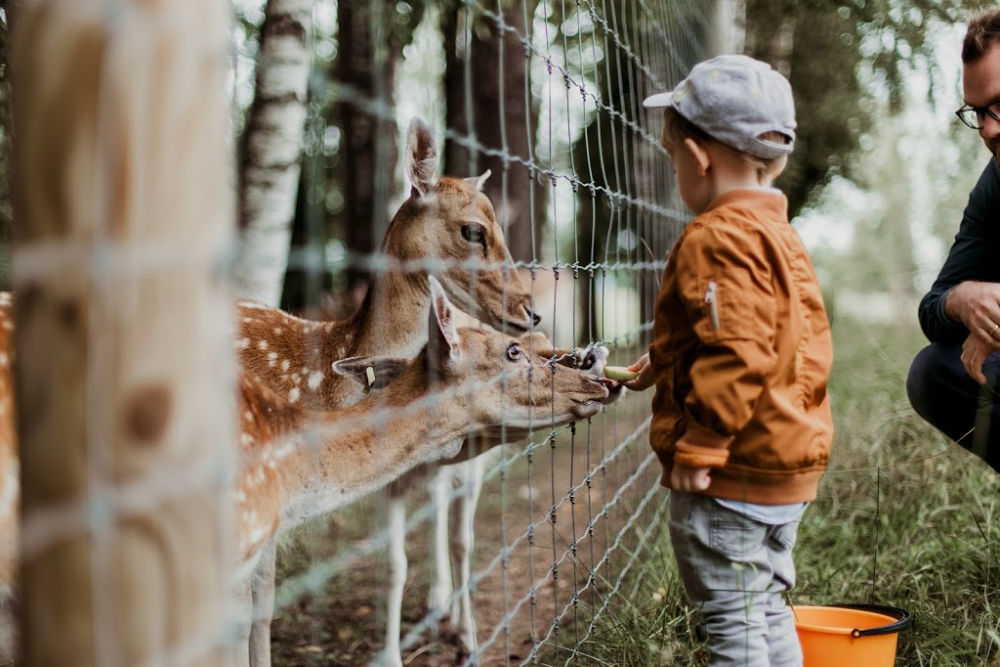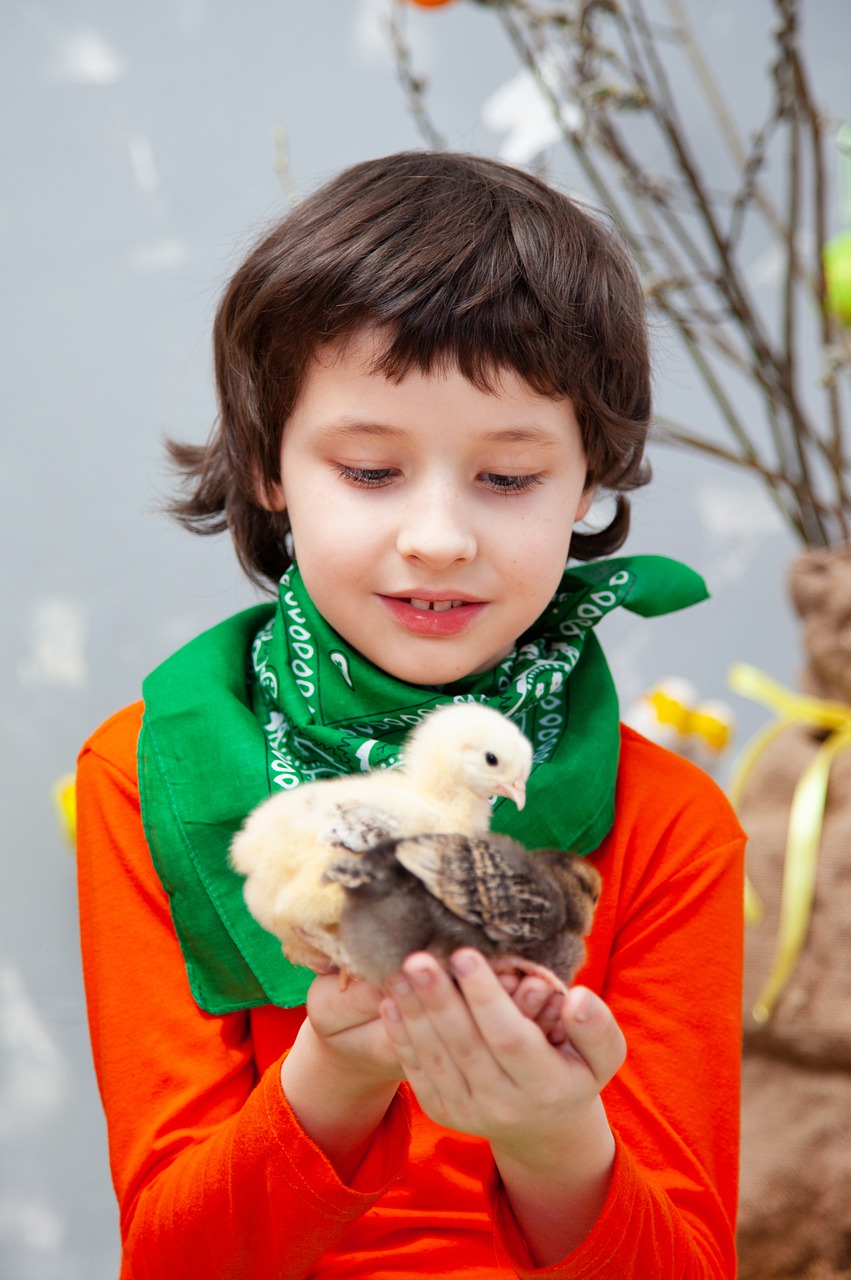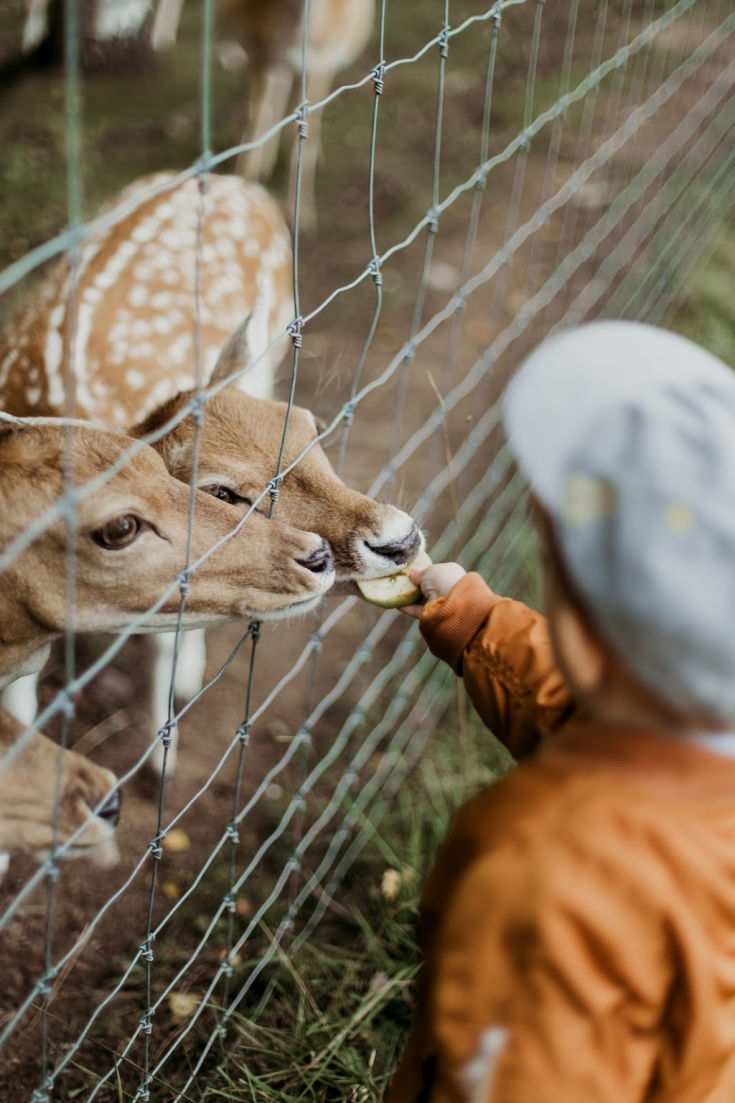Have you ever stopped to think about all the educational benefits of zoos? Sure, we bring our kids to the zoo for something to do, to engage them with wildlife, and to soak up a nice day, but how does it resonate with them?
According to a leading Zoo Association, an estimated 183 million people visit an accredited zoo every year, 69% of which are made up of groups or parties that include children.
That statistic is probably not surprising to you, as zoos have always been a great day out for families, couples, and friends alike.
Think back to your last visit to the zoo.
What did your kids spend most of the day doing?
Was it asking questions by any chance?
As well as running around in a state of frenzied excitement, the most common activity that kids carry out at the zoo is asking questions. This is because there are simply so many brand new sights, sounds, and yes, even smells for them to explore at the zoo.
The educational benefits of zoos, and having a fun family day exploring, do not end with an inquisitive response. In fact, there are many more ways in which a day out at the zoo can help your children develop a wide range of key skills that are vital for their overall development.
From improving their speech and language skills to allowing them to explore their senses, keep reading to discover the top five educational benefits of visiting the zoo with your kids.
5 Educational Benefits of Zoos and Why Your Kids Should Be Visiting
Increased Environmental Awareness
Unfortunately, many children nowadays are not overly connected or engaged with the natural world around them.
A massive surge in the use of modern technologies has left many kids glued to a screen for more than seven hours a day, with little thought or understanding of the environment.
However, when you visit a zoo with your kids, they have the opportunity to disconnect from screens entirely and learn about conservation efforts and the importance of looking after the planet’s wildlife.
While this may not be considered one of the educational benefits of zoos, I’d argue that it certainly creates an opportunity to engage their critical thinking skills which is a foundational learning tool.
Which zoo should you choose?
If you’re fortunate enough to have options when it comes to the zoos in your area, there are some considerations.
When choosing which zoo to visit with your family, it is a good idea to find one that not only helps with global conservation but one that also ensures that the environment they provide their animals with mimics that of their natural habitat.
A zoo that aids with global conservation will in turn build awareness around environmental crisis and how we all play a role in its conservation. This may possibly be one of the most important educational benefits of zoos.
Eric Mogensen, CEO of Gulf Breeze Zoo in Florida, is known for his zoo’s conservation efforts and, in particular, its large natural ape habitats, which you can read more about at https://www.nwfdailynews.com/news/20190225/zoo-in-gulf-breeze-is-going-to-great-apes. Improved Language Development
Improved Language Development
You may not think to associate language development with the zoo, but believe it or not, improved language development is another one of the great educational benefits of zoos.
As you walk around the zoo with your children and they start to ask questions about the animals such as what they are, where they live, and what they eat.
With these questions come answers.
Kids are much more likely to be exposed to a lot of new words and concepts which will help enhance their language skills.
Use the zoo’s informational signage and graphics to help you read and explain key points to them.
Try to encourage them to repeat these new words and phrases and make sure that they understand what it is they are saying, as well as ensure that you identify every animal that you pass to increase their vocabulary further.
The Opportunity for Hands-on Learning
Another one of the educational benefits of zoos is the opportunity for hands-on learning. When kids are young, they really can absorb so much knowledge by seeing and touching what they are learning about.
If you have a child, or children, who prefer a more hands-on learning experience rather than simply reading the information posts as they walk around, look out for zoos that offer specific educational programs where kids can have the opportunity to interact with the animals as they learn about them.
Look out for interaction stations and feeding areas around your chosen zoo where your kids can fully immerse themselves with the animals and, at the same time, learn about these animals and their daily lives from animal care professionals and educators.
Many zoos also offer a whole host of different learning activities and programs, including storytimes, singing sessions, or animal-related craft workshops, all of which will engage and interact with your kids in a multi-sensory and highly interactive way.
These activities are hands down, one of the best educational benefits of zoos!
Increased Self-awareness
One of the key factors in a child’s development is the ability to be self-aware and keep themselves safe. You may not think of this as something educational, but remember that to educate means to be taught. And self-awareness is key to interpersonal skills, social skills, and personal growth.
By visiting a zoo, you are allowing your child to push their boundaries and explore new environments and experiences while remaining in a relatively safe and controlled space.
As your child walks around a zoo encountering animals and species that they have never seen before, naturally they will feel trepidation when approaching certain animals.
This offers you an opportunity to help them move past their fears, while at the same time, teaching them about how to stay safe and respect animals from the wild.

A Chance to Exercise In the Open Air
Although not strictly an educational benefit, exercise and fresh air do play a key role in the development of a child, both physically and mentally.
When your child is running around at the zoo, excitedly looking at all the animals, the fresh air is sending lots of oxygen through their blood and to their brain.
This results in increased brainpower. Many zoos have playgrounds, climbing structures, and miles of walking paths that are safe to let your kids go at their own pace and enjoy the freedoms of open space.
An added benefit, of course, is good exercise. Especially if your child is prone to spending large amounts of their time on an electronic device indoors.
Final Thoughts
Bringing your kids to the zoo so they can explore is a great way to spend time productively. The educational benefits of zoos above are priceless and will not only help them grow but will develop the bond between you, and the trust they have with you and the world around them.





1 Comment
Pingback: 37 Productive and Cheap Hobbies For College Students 2022